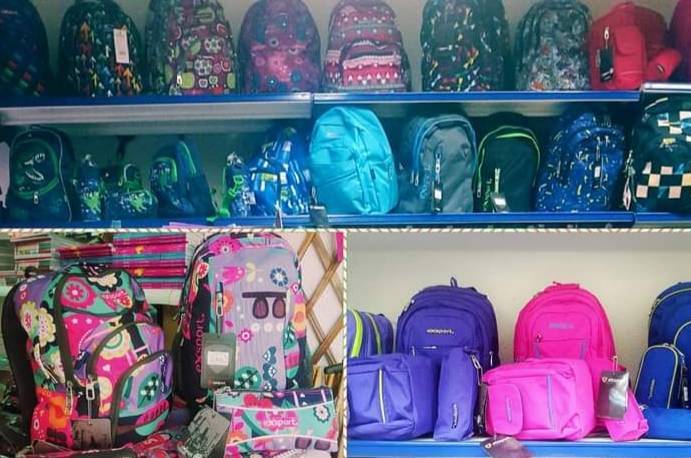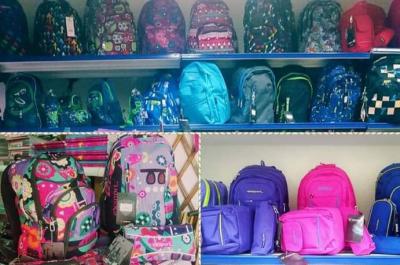Between the hammer of soaring school fees that have reached record levels and the requirements of the academic year, including transportation costs, parents are suffering from the burden of education this year and its rising expenses without any support or assistance. This is occurring amidst the greed of private schools and the decline of public schools, compounded by their repeated strikes. Under the slogan "We can only help you by crying," the Ministry of Education is dealing with the current academic year, leaving private schools to arbitrarily increase their fees to levels that no employee or citizen can bear, while public schools are at the mercy of strikes. The minister has recently justified these strikes by saying he cannot ask employees who earn between one and three million Lebanese pounds to return to work.
Caught between the two situations, parents are struggling with whether to pressure themselves to enroll their children in private schools and the subsequent financial obligations, or to wait for public schooling, fearing the loss of an academic year already threatened by current developments and the surprises of September. Moving from one concern to another, the people of Baalbek are searching for solutions; many have chosen to enroll their children in private schools, fearing their children’s future would be jeopardized. They have endured the burden of tuition fees, which are spread over the school year, while facing additional mandatory costs related to textbooks, stationery, and school uniforms.
For years, specific private schools required parents to buy new books directly from the school after signing agreements with publishing houses, profits from which previously went to bookstores. Now, due to the economic crisis, the choice has been left to parents to secure either new or used books. With the situation worsening, parents are opting for used books to relieve their financial burdens, and often resort to exchanging books with other students in the same school.
Um Hussein, a mother of four children in different educational stages, uses phone numbers of parents who have books for her children’s grades to make exchange agreements. She tells "Nidaa Al-Watan" that "the cost this year is exorbitant compared to salaries," and after efforts to find a suitable school, she settled on one close to home to reduce transportation expenses. The total tuition for her four children amounts to 22 million pounds, which she has agreed to pay in monthly installments. As for the books, she initiated a campaign of calls to secure what can be obtained by either purchasing or borrowing, or exchanging with books they already have. "The important thing is for the children to receive their education," she emphasizes, noting that "we cannot keep up with the price of new books, with the cost of a single one for early grades reaching nearly three million pounds."
The reality of used books is becoming a common and acceptable sight, but for people to find school uniforms, like jumpers and others, in used condition is hard to believe; it is a clear indication of the dire situation we have reached. In this context, a tailor in Baalbek's market confirms to "Nidaa Al-Watan" that he has encountered numerous inquiries about used jumpers for several private schools due to the new ones costing more than $20. He adds that the repair of school bags has surged in recent weeks, with everyone avoiding purchasing new ones, as the cheapest school bag costs no less than $50, prompting parents to repair and patch up existing bags.
As for the cost of stationery, such as notebooks, pens, and supplies, it’s another troubling matter. Schools that previously required students to use their branded notebooks have allowed them the option this year to buy from outside, reducing the quantity required for each student. Here, parents are heading to "one dollar" shops since they are the cheapest and offer stationery at reasonable prices.




